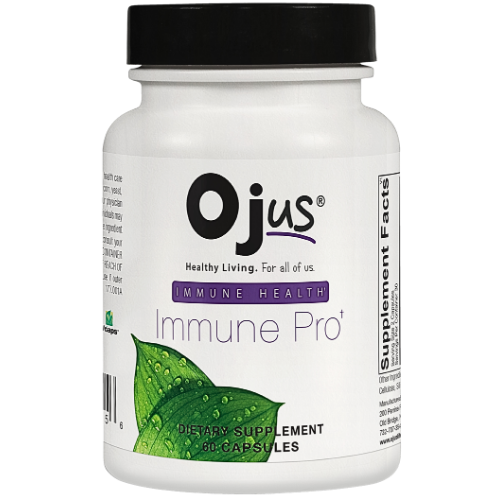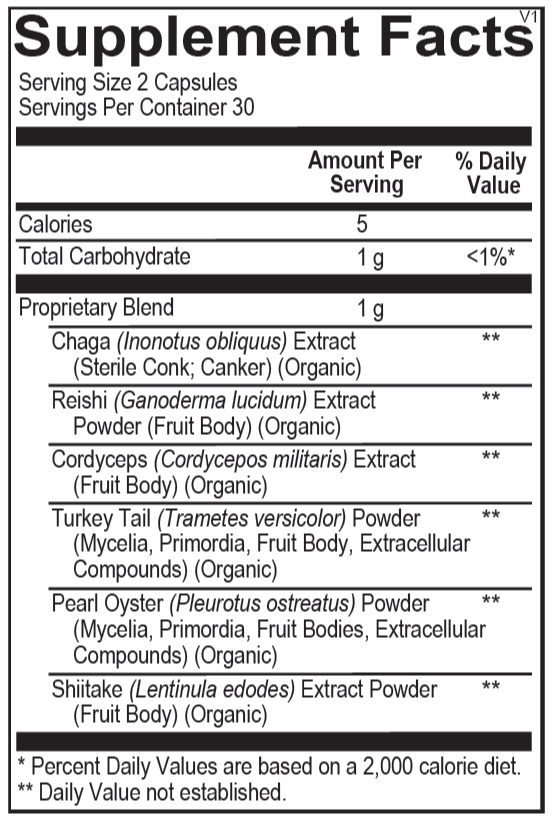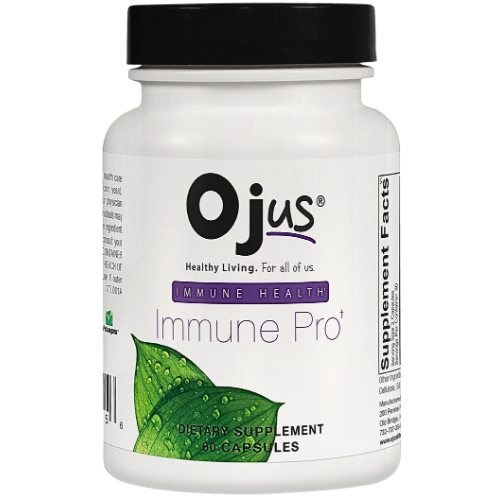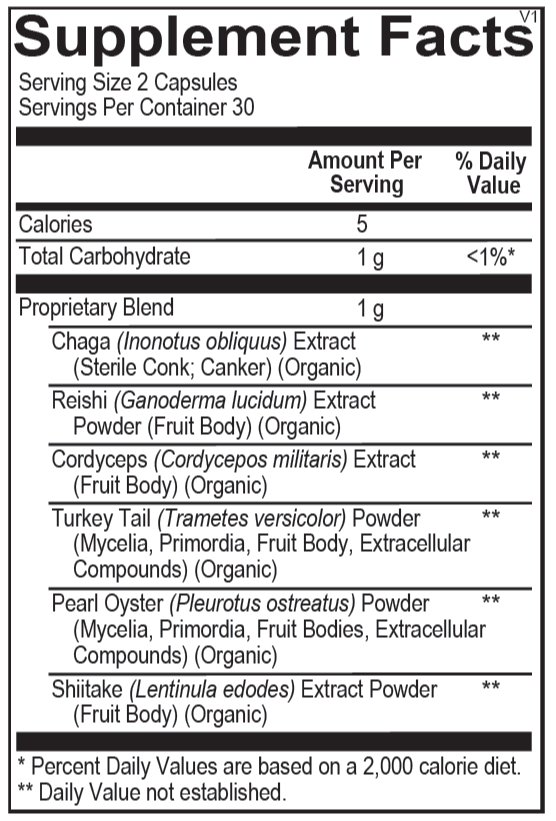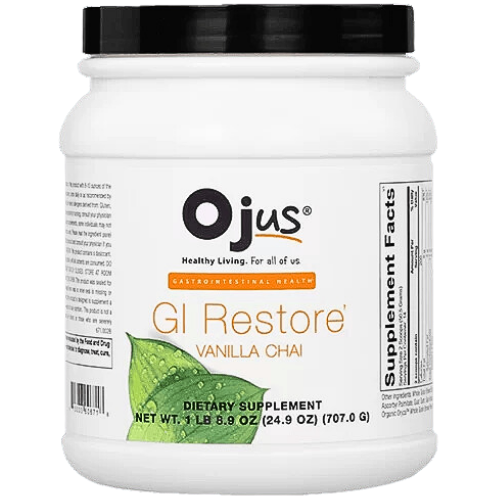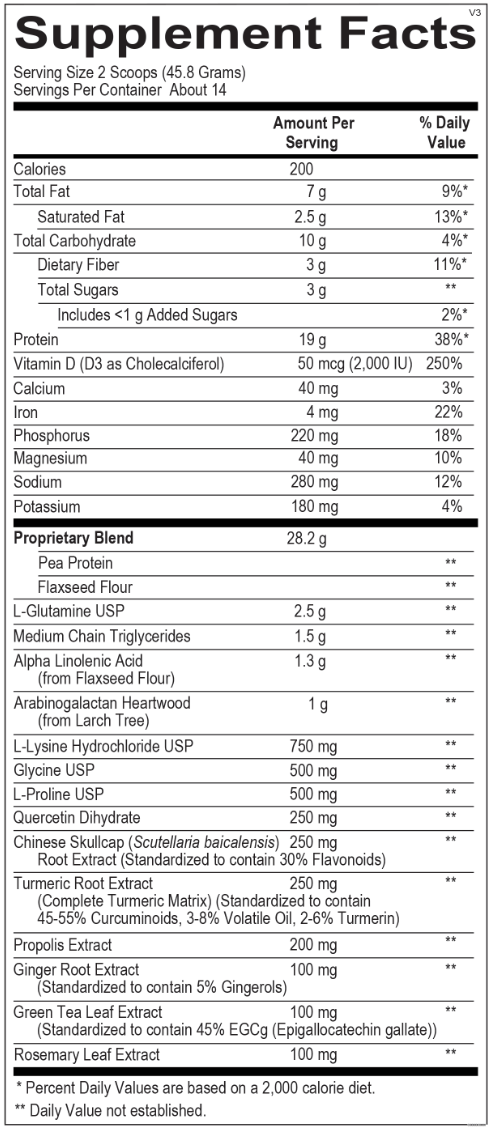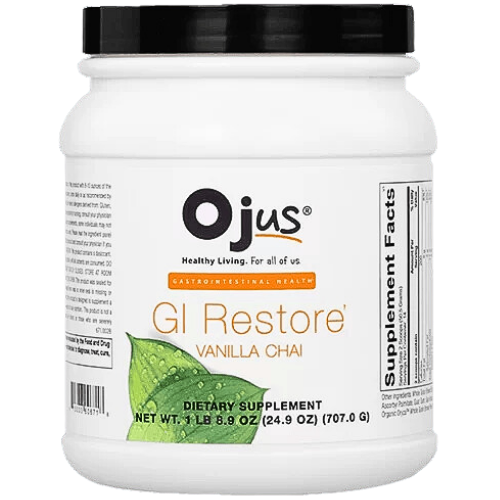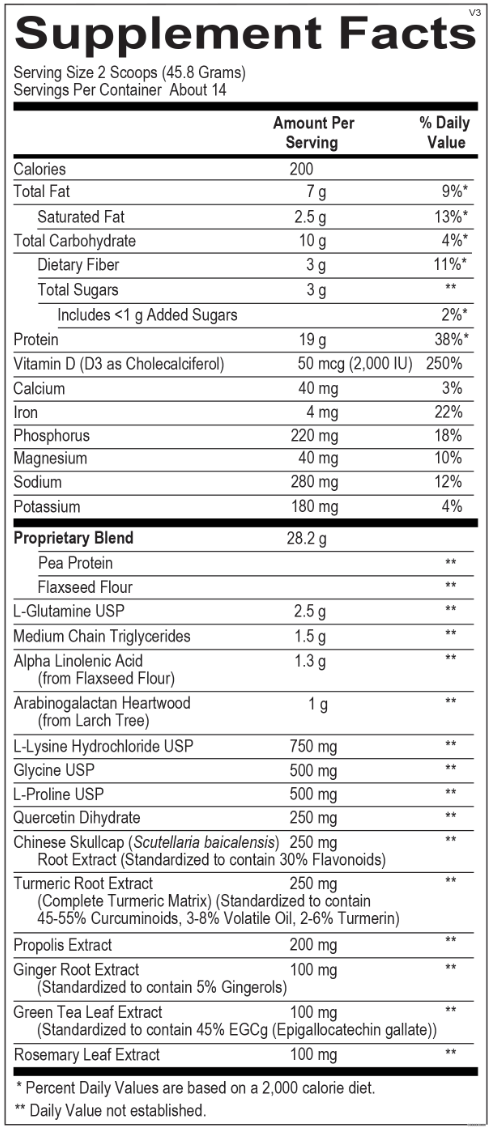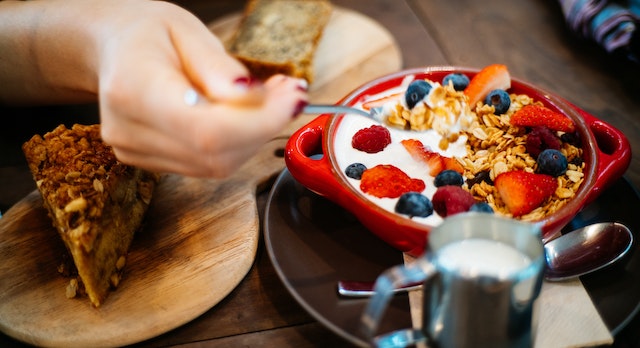
Carbs Aren't Evil, Befriend Them
Dr Anita NischalTable of Contents
| Planning to ditch the carbs in your diet? Think again. Your brain is the only carbohydrates-dependent organ in your body- it relishes the benefits of carbs! |
Carbohydrates are one of the three macronutrients (including proteins and fats) that are required in our daily diet. They are the main source of energy for the body that fuels brains, kidneys, central nervous system, and heart muscles. As per the Dietary Guidelines for Americans 2010, an adult following a 2000-calorie diet must have 225 to 325 gm of carbohydrates.
A few of the familiar sources of carbohydrates or food high in carbs are whole grains (quinoa, barley), fruits (berries, melons, apples), starchy vegetables (sweet potatoes, yams), legumes (lentils, chickpeas), and milk products (low-fat milk, soy yogurt).
Let us explore more about carbohydrates and their function of carbohydrates.
Types of Carbs | Good Carbs Vs Bad Carbs
There is a popular misconception that carbs make you fat. They don’t. Sure, if consumed in quantities more than required, then they could contribute to weight gain. But, then too much of any food can! Regardless of all the stigma around it, carbohydrate functions as a macronutrient and healthy addition to your diet.
Almost Every year, a new trend comes fueling the high-carb low-protein or high-protein low-carb face. Either you go for an all-carb diet or an all-protein diet. But, all in all, it is not about who wins, it’s more about what your body needs to be healthy!
Sure carbohydrates are perceived as unhealthy, not good for the heart, triggers diseases, and whatnot. While it is true that processed, instant carbs and artificial fats contribute to making us sick, not all carbs are equal. As it turns out, your body needs carbs to function properly.
Good Carbs Vs Bad Carbs
Some carbohydrate functions well for you, whereas, some do nothing but harm! So, how would you know which ones are good and which ones are bad? Here are a few examples of both :
| Good Carbs Have | Examples of Good Carbs |
|
|
Wondering, what are bad carbs that you might be binging on? Check out the next section.
| Bad Carbs Have | Examples of Bad Carbs |
|
|
5 Key Benefits of Carbohydrates
Besides, carbs being the main source of fuel for our body, there are numerous other benefits of carbs. Some might even surprise you! Let’s explore.
Carbs help boost your mind
Researchers believe that carbs promote the secretion of serotonin hormone which is a feel-good brain chemical. In a study, by the Archives of Internal Medicine, people following a strict very low carbohydrate diet for a year- allowed 20 to 40 gms daily, experienced more anxiety, depression, and anger issues; compared to those assigned a low fat, high carb diet. Consequently, it helped to comprehend how carbs help boost your mind!
Carbs promote both weight gain and weight loss
Researchers at the Brigham Young University, Utah, kept track of middle-aged women’s eating habits for nearly two years. They found that those who increased their fiber intake experienced weight loss. Whereas, the women with decreased fiber intake experience weight gain. Carbohydrates in the form of dietary fiber can keep you feeling full, aid in digestion, and thus help in weight loss.
Also Read: Five Morning Rituals For Weight Loss
Carbs are good for the heart
Researchers say that increasing soluble fiber intake in your diet by about 5 to 10 gm could result in a 5 to 10% drop in bad LDL cholesterol. Similarly, people eating more whole grains have lower LDL cholesterol and high good HDL cholesterol from food high in carbs.
Carbs help trim your waistline
According to the Journal of Nutrition research, switching refined grains with whole grains reduces total body fat and belly fat. Therefore, we can see that carbohydrate functions as a weight loss approach too.
Carbs keep memory sharp
In a study from Tufts University, based on American Dietetic Association guidelines, it was found that overweight women following a low carbohydrate diet for a week did worse on tests of working memory and visuospatial memory compared to their counterparts following a low-calorie diet. Thus, it shows the importance of carbohydrates in our diet.
Recommended Carbs Per Day
As discussed earlier in the Dietary Guidelines for Americans, it is recommended to take 45 to 65% of calories as carbohydrates. So, for instance, if you are on a 2000-calorie diet, then your carbohydrates should continue to at least 900 to1300 calories. Undeniably, this translates to approximately 225 to 32 gm of carbs every day.
Sources of High Carb Foods
There are a lot of high-carb foods on the market that diminish the benefits of carbohydrates and experience the exclusive function of carbohydrates. However, you must simply avoid the processed and instant carbohydrates foods, and switch to the ones that promote the carbohydrate functions in your body. Here are a few of the sources of food high carb foods that are healthy:
- Quinoa
- Oats
- Buckwheat
- Bananas
- Sweet Potatoes
- Beets
- Oranges
- Blueberries
- Grapefruits
- Apples
- Kidney Beans
- Chickpeas
Conclusion
In summary, many healthy foods are high-carb foods. All carbs are unhealthy is only a myth. Learn your carbs and intake the food high in carbs that add to your bodily functions healthily, and avoid processed carbs. That being said, go and enjoy these nutritious and healthy high-carb foods and boost your nutrient intake.
A few examples of carbohydrates are whole grains, nuts, legumes, fruits, etc. Bread, beans, milk, peas, potatoes, cookies, cakes, corn, sugar drinks, popcorn, and spaghetti, too, make up for the examples of carbohydrates.
It is recommended to take at least 225 gm to 325 gm of carbohydrates every day when you intake a 2000-calorie diet from healthy and high-carb foods.
Carbohydrate functions in the body to provide glucose that converts into energy supporting bodily operations and physical activities of the body. The importance of carbohydrates is to provide energy to the body to carry out day-to-day activities.
Carbohydrates found naturally in plant-based foods are good carbs like in whole grains, legumes, etc. Whereas, the bad carbs come from processed foods such as starches and sugars like coca cola, sweetened juices, etc. You can enjoy the benefits of carbohydrates only via good carbs or the ones that are high-carb foods.
A few of the sources of high-carb foods that are healthy:
- Quinoa
- Oats
- Buckwheat
- Bananas
- Sweet Potatoes
- Beets
- Oranges
- Blueberries
- Grapefruits
- Apples
- Kidney Beans
- Chickpeas
Yes, it is considered a carbohydrate. There are two types of sugars: naturally occurring sugars like in fruits and milk. Added sugars during the processing of foods as in soda, and baked goods.
The top benefits of taking carbohydrates are:
- Carbs fuel your brain
- Manage and reduce bloating
- Make you feel happier
- Lower the risk of cardiac diseases
- Good carbs help in sleeping better
- Prevent weight gain
- Promote weight loss
- Cut cancer risk
- Help you in digestion
- Keep you energetic
- Burn fat
- Help improve muscle mass
- Increase your lifespan
- Indirectly help the trim waistline
No. Carbs do not make you fat. There is a big misconception that carbohydrates make people gain weight. In fact, it is the high-calorie intake that contributes to weight gain.
If you don’t take enough carbohydrates, the blood sugar level in your body may drop below the normal range (70-99 mg/ dL), causing hypoglycemia. As a result, your body may start to burn fat, further resulting in ketosis.
Eggs do not have carbohydrates. It contains proteins, healthy nutrients, and fats. A large egg generally carries 60 to 70 gm of calories and over 6 gm of proteins.
Bananas are high in several beneficial nutrients and high carbs are one of them. An average banana size contains 100 calories with 25 gm of carbohydrates. However, different sizes of bananas carry different calories and thus varying amounts of carbs.
Vegetables with lower fiber content or the ones that have more starch in them like sweet potatoes or potatoes and rice. One thing to remember is that green vegetables that are either leafy or cruciferous do not count under the total daily carb intake.


